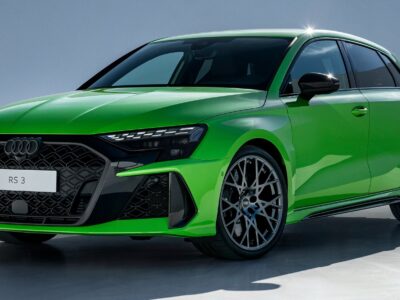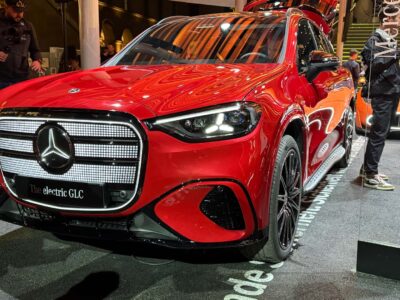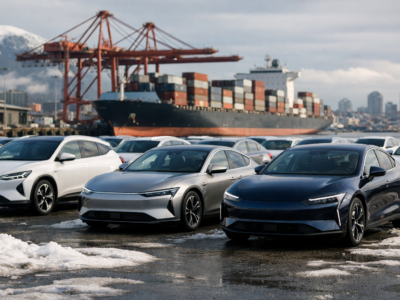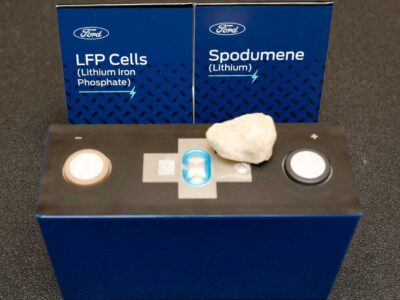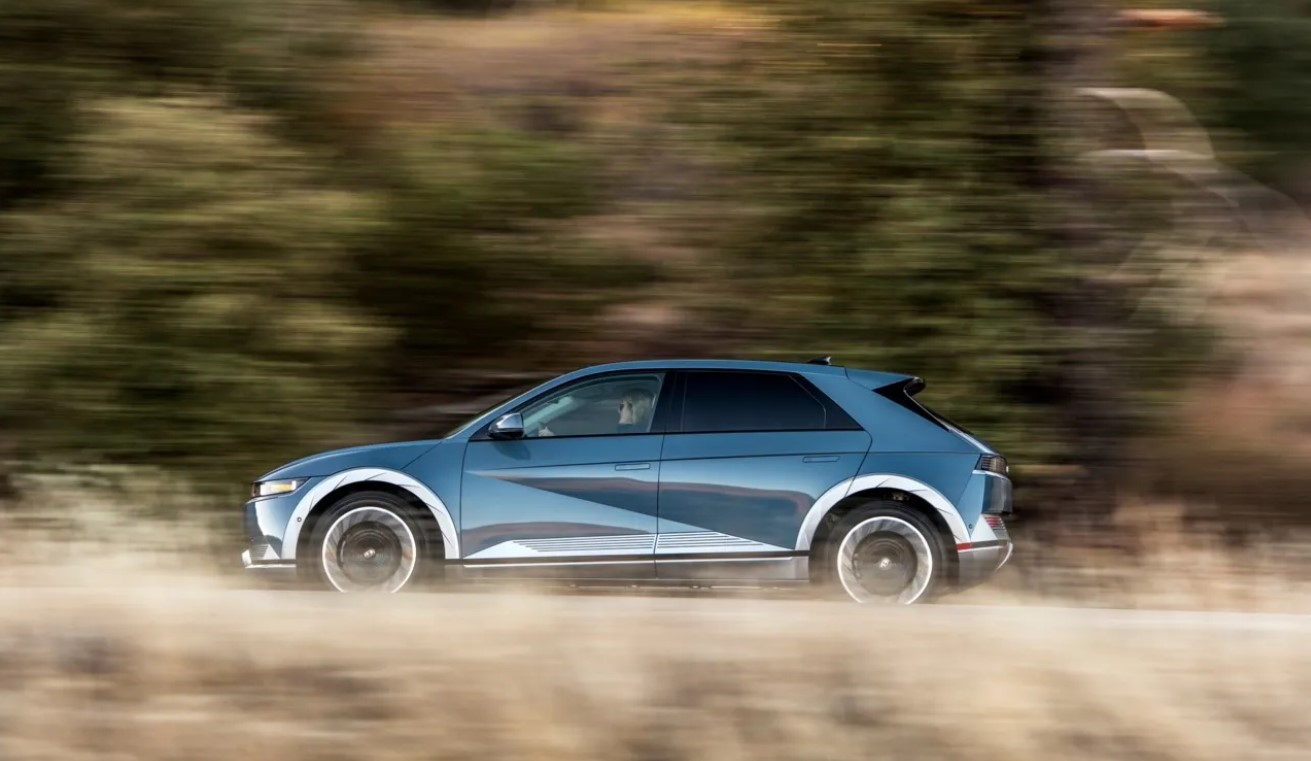
The Canadian province of Quebec, widely regarded as the «California of Canada» regarding electric vehicles and electric vehicle policy, plans to end its incentives for the purchase of electric vehicles.
Quebec currently offers incentives of up to $7,000 for new electric vehicles and $5,000 for new plug-in hybrids, as well as up to $3,500 for used electric vehicles (all amounts in Canadian dollars). But the amounts will start decreasing next year until the incentives are completely phased out, reports CBC.
Starting on January 1, 2025, the $7,000 incentive for new electric vehicles will be reduced to $4,000. It is then slated to decrease to $2,000 in 2026 and disappear entirely in 2027. The plug-in hybrid incentive will be reduced to $2,000 in 2025, $1,000 in 2026, and nothing in 2027.
The incentive was expected to decrease to $1,000 at some point, but this sudden transition is unexpected and may impact the affordability of electric vehicles in the short term, notes the Canadian publication Electric Autonomy. It is also a surprising move for Quebec, an electric vehicle-friendly province, which passed Canada’s first zero-emission vehicle standard in 2016 and currently hosts a massive Northvolt battery plant under construction.
Canada’s federal iZEV incentive program will also expire in March 2025. That program contained price requirements that led Tesla to produce an alternative 94-mile Model 3 to qualify for that incentive.
The gradual elimination of these incentives could serve as a market test for electric vehicles. A survey by the Quebec-based news outlet Le Journal-TVA Nouvelles (via Le Journal de Montreal) found that one in four Quebecers planning to buy an electric vehicle would no longer do so without an incentive. Only 6% of respondents said they would proceed with their plans to buy an electric vehicle, while 34% said they would reconsider, and 20% said they would look for less expensive models.
Canada announced in 2023 a mandate for all sales to be plug-in or fuel cell vehicles by 2035. But that goal seemingly will have to be achieved without purchase incentives for much of the electric vehicle ramp-up.




